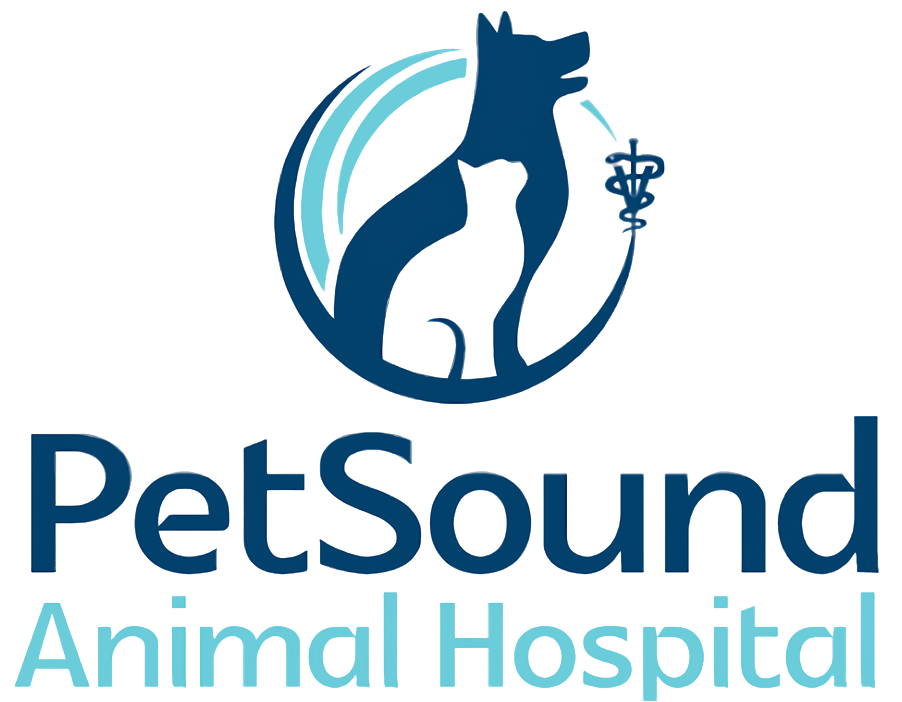Articles
-
Vomiting is the forceful evacuation of stomach contents. It is a clinical sign of a disease. Most cases of acute vomiting resolve quickly with simple treatment, without the underlying cause being diagnosed. Any required tests are determined based on physical examination of your pet and the signs your dog has been displaying at home.
-
Vulvoplasty, also known as episioplasty, is a surgical procedure that your veterinarian may recommend to correct a conformational issue known as a recessed vulva. Your veterinarian will remove a crescent-shaped piece of tissue from above the vulva, allowing the skin to be pulled upwards into a more normal conformation. This procedure is performed under general anesthesia. Your pet will be intubated with an endotracheal tube. After surgery, you will need to give pain medications and antibiotics as directed and keep your dog confined/restricted for approximately two weeks. Skin sutures, if used, can typically be removed 10-14 days after surgery.
-
Cancer is the result of genetic damage to cells. While some breeds may be more predisposed to certain forms of cancer, age-related changes and environmental factors are also often at fault. Some tests can be performed to determine the type of cancer present. Treatment options are available but do not necessarily cure cancer.
-
Whipworms are intestinal parasites that cause bloody diarrhea. They are diagnosed by finding eggs on microscopic examination of the stool. These eggs, however, are difficult to find. Several medications are effective against whipworms. All medications must be repeated monthly for three months to clear the infection.
-
Noses vary in size and shape in the canine world, but regardless of how they look, they are important to survival — and wet noses work better than dry noses for a few reasons, outlined in this handout.
-
Whiskers serve many important functions in dogs with regards to sensory inputs. Whiskers help dogs navigate the world and detect changes in their environment. These are some of the most sensitive hairs on the dog's body.
-
Running a veterinary clinic has a lot of overhead and behind the scenes cost that many pet owners aren't aware of. Human healthcare is far more expensive and less efficient than you realize. Plan ahead and take preventive steps to help reduce treating costly problems.
-
Regular preventive health care for your dog can increase the length and quality of her life. Health care guidelines are established and kept up to date using the most recent evidence-based recommendations including the recommendation that all dogs receive a complete veterinary examination at least once a year or more frequently, depending on their individual needs and health concerns.
-
Yeast dermatitis or Malassezia dermatitis is an extremely common skin disease in dogs. Clinical signs include itchiness, redness, scaly or crusty skin, and foul odor. Diagnosis and underlying conditions are discussed. Treatment involves resolving the underlying disorder and using topical and/or oral medications to treat the yeast.
-
A zoonosis is a disease or infection that can be transmitted from animals to humans. Although dogs only pose a mild risk of causing disease in humans, those with immunosuppressive conditions such as HIV or those receiving chemotherapy will be at higher risk of becoming ill from these infections. The most common and significant infections that humans can get from their pet dogs include rabies, leptospirosis, ringworm, and gastrointestinal illness such as Salmonella and Campylobacter. Hygiene plays an important role in preventing the spread of these diseases, as well as preventive medicine for your dog, including regular deworming and external parasite preventives.

